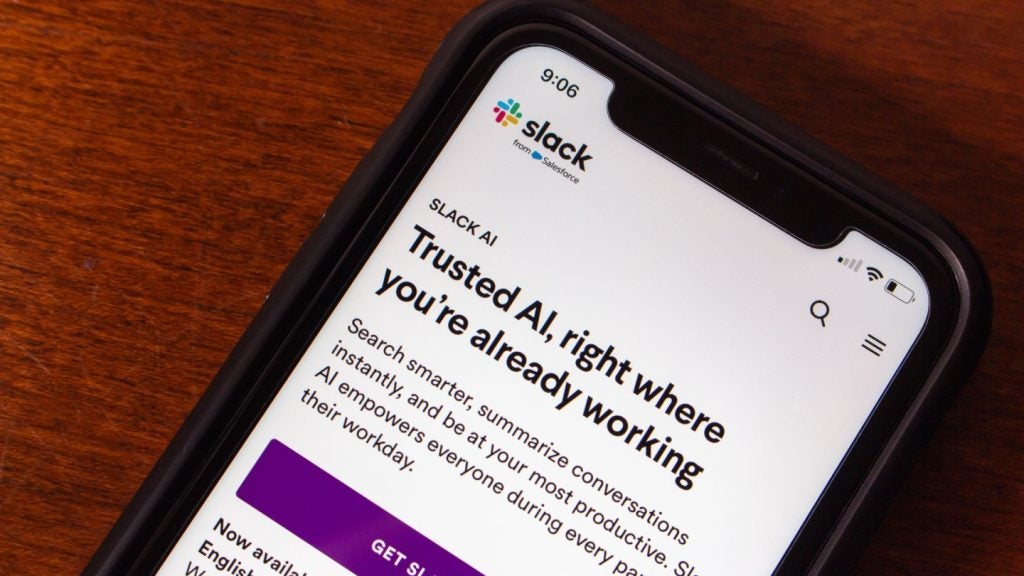
Cybersecurity company Kaspersky has debuted a prototype of its new Polys blockchain-based voting machine, opening up the possibility of a secure alternative to existing election technology.
Polys is a project from the Kaspersky Inniovation Hub with the aim of developing a secure online voting platform that could be used businesses, universities and political parties.
Kaspersky claims that this is “the first of its kind to incorporate blockchain technologies and work alongside the Polys online election system”.
It combines an online election system with distributed ledger technology, creating a confirmed link between a vote and the voter who cast it.
Online voting has several advantages, with voters able to participate remotely, but it also runs the risk of alienating voters who do not have access to computers and smart phones. According to the Office of National Statistics, in 2018 there were 5.3 million adults in the UK who were “internet non-users”.
As was demonstrated in the recent Iowa Caucus, in which the app developed to report results contained a coding error that meant that only partial results were reported, relying on technology can sometimes hinder rather than help the election process.
How well do you really know your competitors?
Access the most comprehensive Company Profiles on the market, powered by GlobalData. Save hours of research. Gain competitive edge.

Thank you!
Your download email will arrive shortly
Not ready to buy yet? Download a free sample
We are confident about the unique quality of our Company Profiles. However, we want you to make the most beneficial decision for your business, so we offer a free sample that you can download by submitting the below form
By GlobalDataTherefore, Kapersky’s new system gives participants the option of voting on a voting machine at a polling station or using their device, with the added security of blockchain technology.
How Kaspersky’s blockchain-based voting machine works
The process works by verified voters being given a unique QR code or token, which is then scanned, allowing them to cast a vote on a Polys Voting Machine with votes then automatically encrypted and counted. Voters can then check that their vote has been stored anonymously on the blockchain using a web application.
The voting machines can also be interconnected with the Polys online voting platform, meaning that voters can cast a vote using their smartphone, but the possibility of voting twice is eliminated.
Not only could this improve election security, it could also reduce staff and resource costs.
The use of blockchain as a way of tackling election fraud has been explored over the past few years. In 2018 Sierra Leone became the first country to use blockchain in an election, with 70% of votes cast in the country’s general election stored on the blockchain.
Among Kaspersky’s projects is a blockchain voting campaigns in Volgograd, in which more than 82,000 people took part.
“From speaking to our customers, we understand the issues and inconvenience they face when organising paper-based voting. As we see from our Polys platform, e-voting can solve some of these issues, allowing more possibilities for remote participation and even increasing turnout of younger people,” said Roman Aleshkin, head of product at Polys.
“However, if physical polling stations were to be closed completely, it would deprive and alienate certain groups of people from taking part in an election and making their voice heard. That is why we introduced our new voting machines. Working together with the online platform, they allow citizens to vote using the method they prefer, in a convenient and transparent way.”
Read more: With voter ID plans criticised, what election technology alternatives are there?




